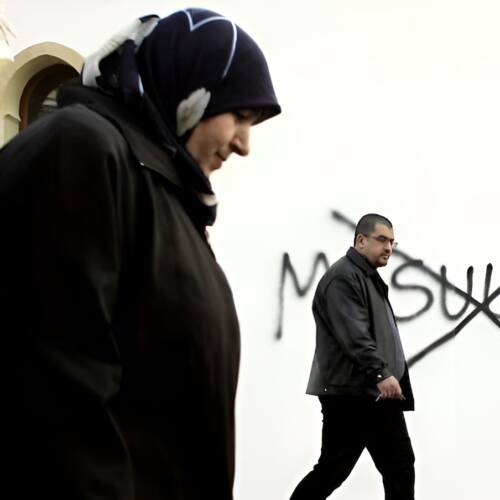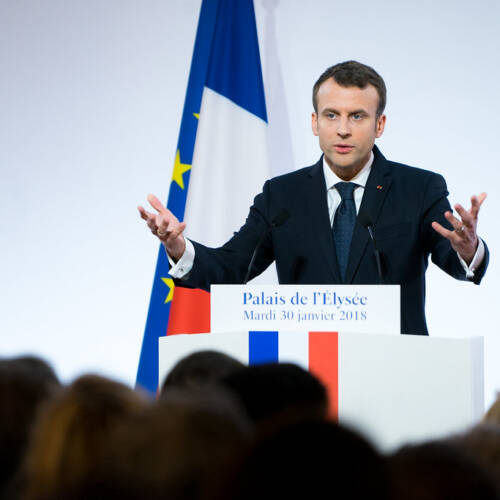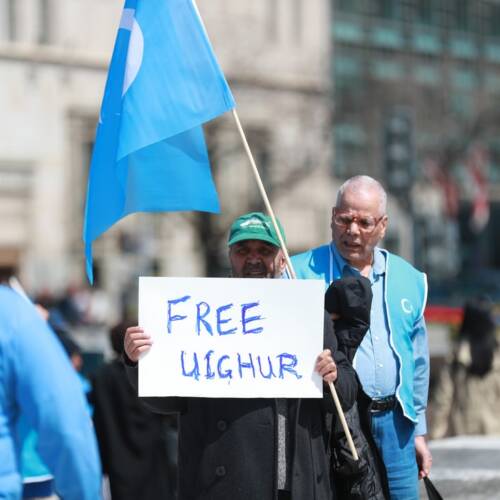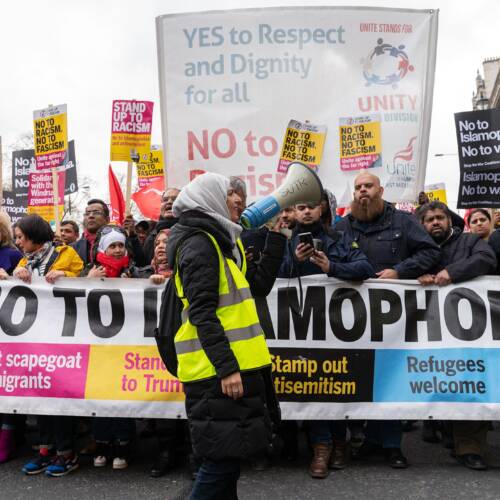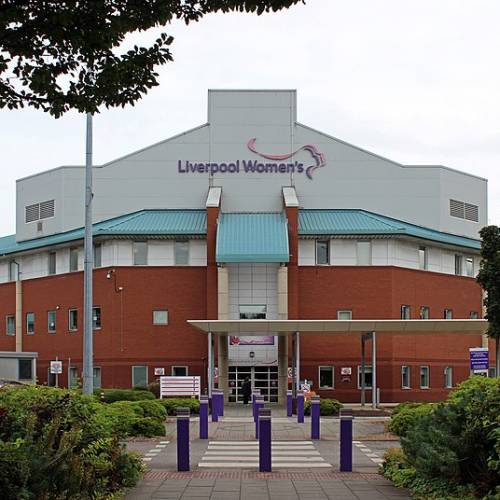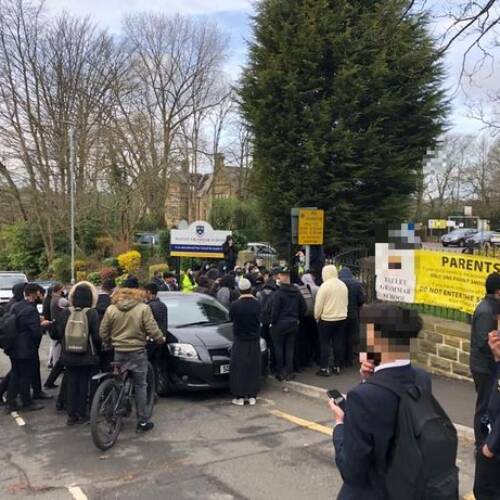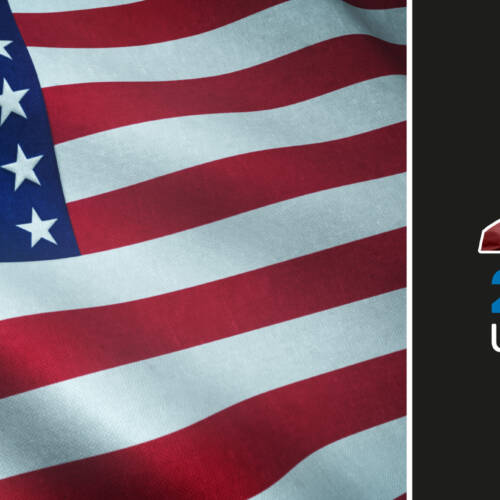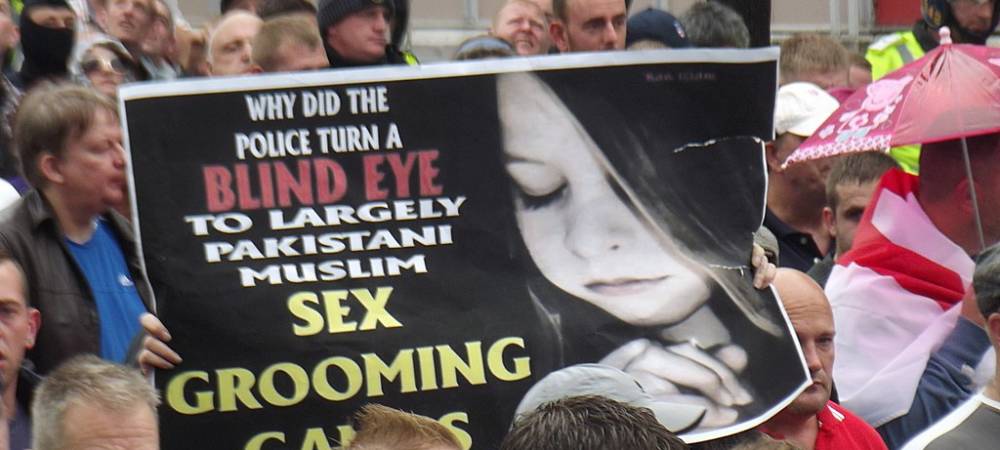
Muslims in Rotherham Launch ‘Watch Groups’ to Protect Against Far-Right Threat
19 Feb 2020Members of the Muslim community in Rotherham are seeking to launch neighbourhood watch groups, which aim to provide reassurance to the Muslim community there, in response to intimidation by far-right groups.
This comes after Britain First, a far-right group which has openly expressed anti-Muslim and anti-immigrant sentiments, launched “Operation Downes” across various cities in the UK. Britain First’s latest visit to the town of Rotherham in South Yorkshire saw the group going to 3 different mosques and several hotels and taxi ranks to confront people about grooming gangs in the area.
The town of Rotherham gained a bad reputation for a grooming gang scandal, which lasted from the 1980s to the 2010s.
The “visits” which all took place at night shocked many of us, who believe that Britain First presents a real threat to our community given previous comments by the group’s members.
No doubt, grooming gangs are a serious issue and need to be addressed. However, far-right groups like Britain First are hardly interested in the plight of the victims, but merely wish to exploit the issue to attack immigrant communities, burning bridges with Muslim communities instead of building them.
It is not surprising that those in Rotherham sought to organise to protect their community in response to these events. However, such an idea, if implemented badly, can lead to heightened community tensions while potentially provoking accusations from the far-right about community militarisation.
That said, the idea of a faith community having its own neighbourhood watch-type organisation is not new. The Jewish community, which itself has experienced intimidation over the years, had a similar idea in the form of “Shomrim”, which operates in collaboration with the local police. The experiences the Jewish community had with Shomrim and how they interacted with members of the wider community, as well as the local police, can be helpful in instructing the local Muslim community on how a Muslim version of a neighbourhood watch would look like.
Already, the local Muslim community in Rotherham is exploring how members of other faiths implement community safety initiatives, for example, learning from the experiences of the Church of England. This is a good start, as any community policing model based on a particular faith group can create anxieties among members of the community not belonging to that faith group. So, any neighbourhood-watch type organisation should be deeply linked to local authorities and community members and be transparent.
Members of the Muslim community should engage with the Jewish community, both to learn how they managed the Shomrim and dealt with intercommunal tensions. Speaking to the members of the Jewish community, who have suffered similar attacks in the past, can also help take this issue beyond the narrow focus of Muslims, highlighting that far-right attacks threaten numerous faith communities.
In order to make this community safeguarding more effective, as Muslims we should engage further with the non-Muslim communities, and the local law enforcement groups in order to prevent this move from being accused of being a ‘vigilante’ movement. Furthermore, efforts should be made in order to improve Mosque and community centres’ safety measures through investment in stronger security infrastructure including setting up CCTV cameras, high fences, and having security personnel nearby.
As such, it is important for community measures such as neighbourhood watch to be balanced in their outreach and engagement efforts. In 2013, when the English Defence League set up a protest against a Mosque in York, members of the Mosque invited the protesters to tea and went on to have a game of football with one-another. Another EDL rally in Birmingham met a similar response which allowed tensions to ease somewhat.
Such responses can be taken before things escalate into protests. For instance, the coming Ramadan would be an excellent opportunity to hold shared Iftar meals that help build bonds and friendships within the community. Muslim members of the community can also take an active part in community events in collaboration with different faiths as a reciprocal show of solidarity. Examples of such opportunities include the Jo Cox Foundation’s ‘The Great Get Together‘, an event which aims to unite different communities, or the ‘Big Lunch‘ which encourages members of different communities to come together to socialise and share a meal.






